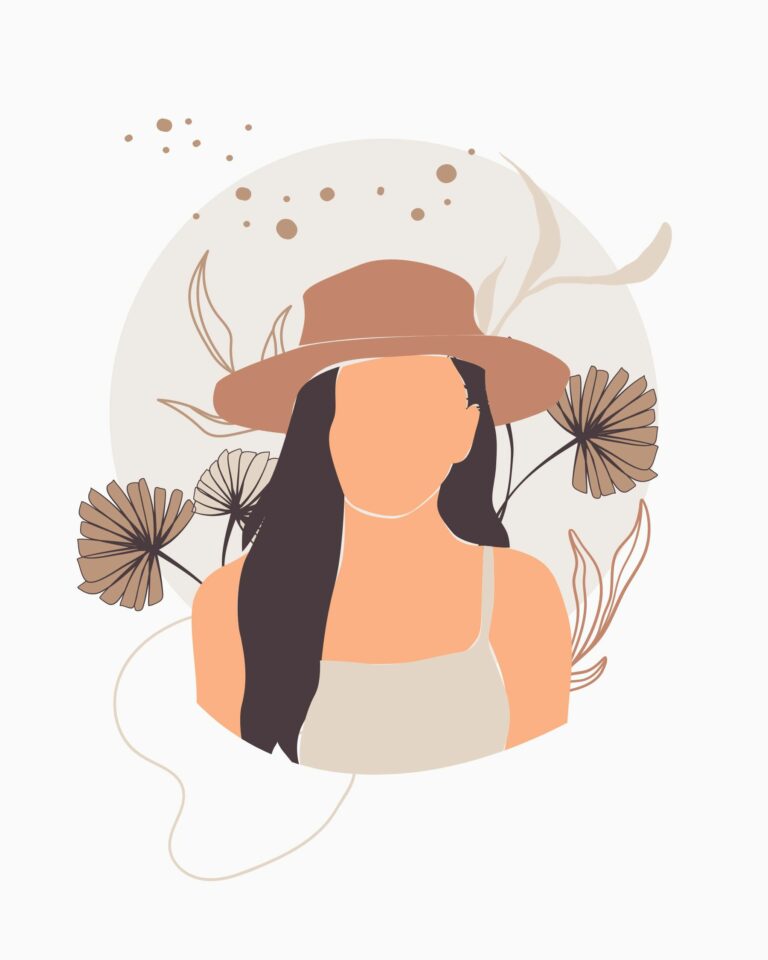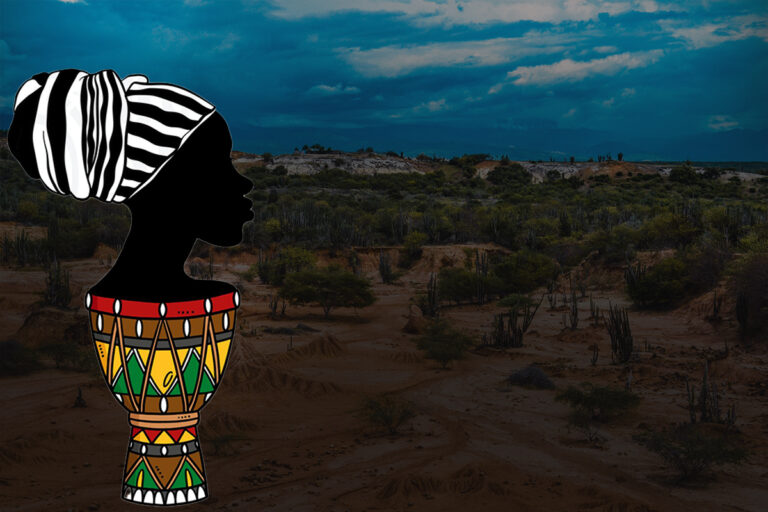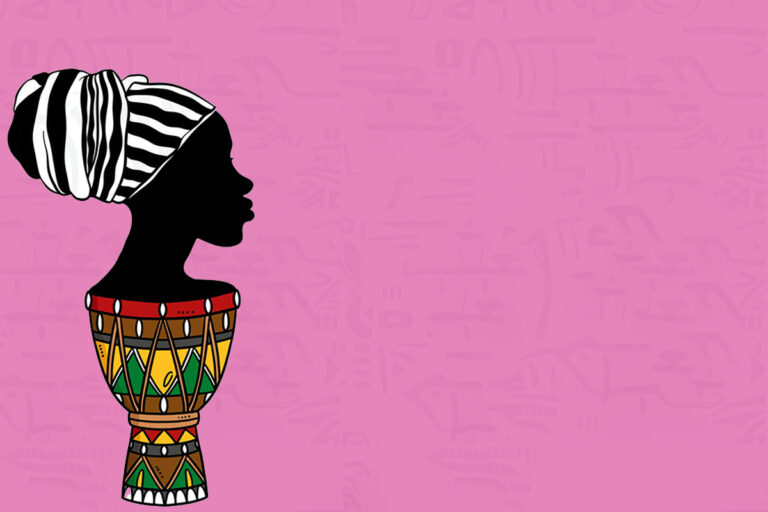Throughout history, Ghanaian women have shattered glass ceilings and left an indelible mark on society. Their remarkable achievements and unwavering determination have inspired generations, both locally and globally. This list celebrates 12 trailblazing Ghanaian women whose actions have profoundly shaped the nation’s fabric.
Yaa Asantewaa
Born in the 1840s in Besease, Yaa Asantewaa was a legendary figure who led the War of the Golden Stool rebellion against British colonizers in 1900. Her famous words, “If you, the men of Asante will not go forward, then we will. We, the women, will,” ignited a fire within her people, inspiring them to defend their land and culture with unwavering courage.
Ama Ata Aidoo
A champion for change, Ama Ata Aidoo is a celebrated author, Pan-African feminist, playwright, and respected Ghanaian personality. Her fictional works explore the tensions between Western and African worldviews, featuring women who defy societal stereotypes. In 2000, she founded the Mbaasem Foundation to support and promote women’s writing across Africa.
Theodosia Okoh
Theodosia Okoh, affectionately known as “Mama Maa,” is the visionary artist behind Ghana’s iconic national flag. Her design, featuring red, gold, and green colors symbolizing the country’s rich vegetation, mineral wealth, and the sacrifices made for independence, was adopted in 1957. Okoh’s legacy extends beyond her artistic prowess; she was also the first female chairman of the Ghana Hockey Association and instrumental in Ghana’s participation in the Hockey World Cup and Olympics.
Rosemond Nkansah
Rosemond Nkansah shattered barriers by becoming the first Ghanaian woman enlisted in the Ghana Police Service in 1952. Her courageous petition led to the abolition of the discriminatory clause that forced women to resign upon marriage or pregnancy, paving the way for greater equality within the force.
Hannah Kudjoe
Hannah Kudjoe’s name may be lesser-known, but her role in Ghana’s independence struggle was pivotal. When the “Big Six” leaders were imprisoned, Kudjoe led campaigns to raise funds for their release. She even sold personal possessions to support the cause and actively participated in the Positive Action protests that ultimately led to independence.
Esther Afua Ocloo
Born in 1919, Esther Afua Ocloo was a trailblazing entrepreneur who founded Nkulenu Industries Ltd, a food processing company. As the co-founder of Women’s World Banking from 1979 to 1985, she championed financial independence for underprivileged women by promoting access to small business loans.
Efua Sutherland
Efua Sutherland (1924-1996) was a prolific playwright and activist instrumental in developing Ghana’s arts after independence. She founded the Ghana Drama Studio, the Ghana Society of Writers, and the Ghana Experimental Theatre, leaving a lasting impact on the country’s cultural landscape.
Alice Annum
Alice Annum, born in 1948, was the first Ghanaian woman to participate in the Olympics. Her remarkable achievements in sprinting, including a personal best of 22.89 seconds in the 200 meters at the 1972 Munich Games, inspired young female athletes nationwide.
Rebecca Naa Dedei Aryeetey
Known as “Dedei Ashikishan,” Rebecca Naa Dedei Aryeetey was a successful businesswoman, political activist, and feminist. As the leader of the Market Mother Association, she provided funds and campaigned for Dr. Nkrumah’s election, solidifying her place in Ghana’s history.
Susanna Al-Hassan
Susanna Al-Hassan, a fearless activist during the colonial era, became Ghana’s first female cabinet minister in 1961. Her rise through the political ranks as the Member of Parliament for the Northern Region from 1960 to 1966 paved the way for future generations of women in leadership roles.
Gloria Amon Nikoi
Gloria Amon Nikoi made history as Ghana’s first female Minister of Foreign Affairs. Together with her husband, Mr. Nikoi, she played a crucial role in the independence struggle, further solidifying her place in the annals of Ghanaian history.
Agnes Oforiwa Tagoe-Quarcoopome
Agnes Oforiwa Tagoe-Quarcoopome was a respected market trader who supported Kwame Nkrumah’s independence efforts. By the 1940s, she had become one of Ghana’s most influential traders, owning shops in Accra’s major trading centers, Makola and Okaishie. Notably, she was the first woman to open a bank account with Standard Bank of West Africa (now Standard Chartered Bank), paving the way for other market women and businessmen to follow suit.
These remarkable Ghanaian women have left an indelible mark on their nation’s history, inspiring generations with their courage, resilience, and determination to create a more equitable society.






